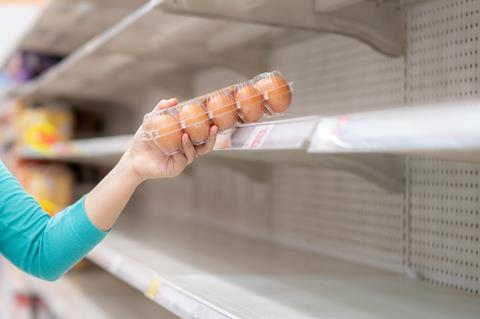
The price of eggs in the mults continued to rise throughout February, with monthly increases of almost 50% seen on some lines.
Of 158 egg shell lines sold across the traditional big four, Aldi, Waitrose, Lidl and Iceland, some 58 saw an increase in price during the past month, according to analysis of Assosia data by The Grocer.
Big & Free large eggs in Tesco saw the biggest monthly increase, with a pack of six increasing in price by 47.1%, from £1.70 to £2.50. The line is now 56.3% more expensive than it was in October, when it was listed by the retailer.
The second-largest hike was for Purely Organic mixed weight eggs, which are now 36.4% more expensive in the retailer after a price hike from £3.30 to £4.50 for a pack of 10. The latest upward price move makes the SKU some 45.2% dearer year on year.
Rymer Farm six large eggs in Tesco saw the third-largest hike, up 28.2% to £2.50, meaning its year on year price has risen 38.9%. Meanwhile, an Everyday Essentials 15-pack of eggs at Asda increased by 17.1% to £1.99 over the past month, making the line 68.6% more expensive than it was a year ago.
It comes as Lidl has become the latest retailer to increase egg prices in The Grocer’s weekly Key Value Items tracker, with a 5% (or 14p) increase on an own label 12-pack seeing the SKU rise in price to £2.69 – making the line some 42% dearer compared to this time last year.
Year on year, the average pack of eggs across the major mults is up by 33.5%.
The price rises are a continuation of hikes put through across retailers in previous months. In January, The Grocer reported price increases of up to 18.2% in a month.
This followed shortages of eggs across most major supermarkets late last year after hard-up producers reined in production or left the sector altogether due to soaring production costs. And some retailers are still seeing shortages as a result.
The latest retail price increases were welcomed by Robert Gooch, CEO of the British Free Range Egg Producers Association, who suggested they were now starting to have a positive impact on production.
How long before eggs crack under the pressure? Eggs category report 2023
“They’re getting close to being enough. Farmers are seriously considering going back into production now,” he said.
Free range producers were now making a margin of two pence a dozen on average, Gooch added.
The changes will take time to filter through to shop shelves, however. Gooch estimated it would be about six months before shortages are fully resolved, as despite the latest price increases, farmers still lacked confidence to commit to an increase in production.
“Quite a few of my members ring me up saying they still don’t feel confident to get back into production because of the lack of long-term contracts and security on cost increases that might happen in the future,” said Gooch.
According to the BFREPA, around one million free-range egg hens have been lost in the past 12 months, the equivalent of around 320 million eggs.
Andrew Opie, director of food and sustainability at the BRC, said: “Rising inflation is a significant concern for both consumers and retailers.
“There are a number of pressures facing the egg industry including avian flu, and the rising cost of energy and animal feed, which has been exacerbated by the war in Ukraine.
“But, despite these challenges, retailers are working with suppliers to manage prices to ensure affordability for all consumers.”







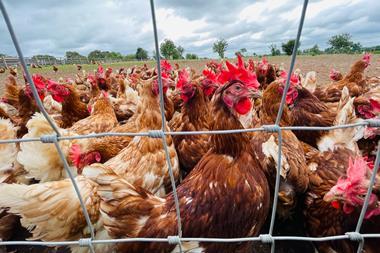
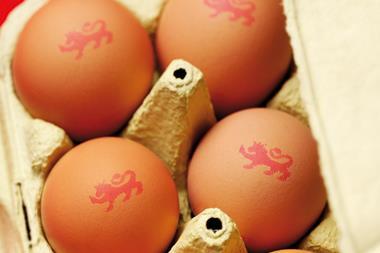

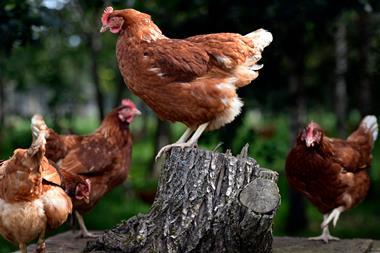
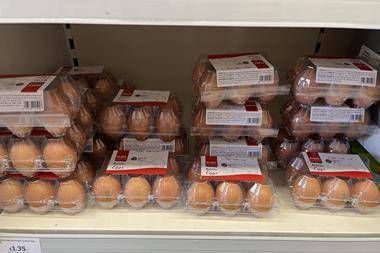
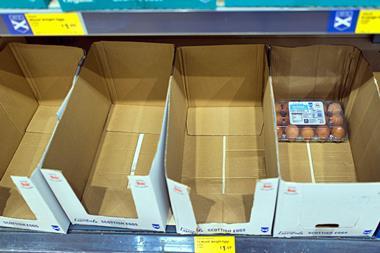
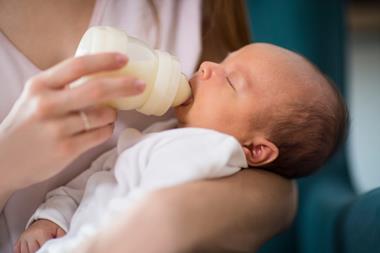


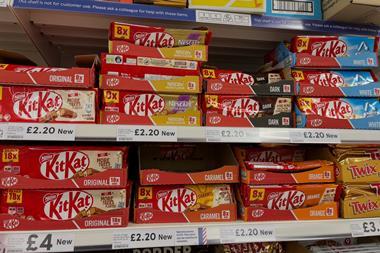
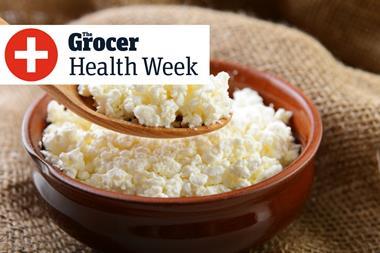

No comments yet